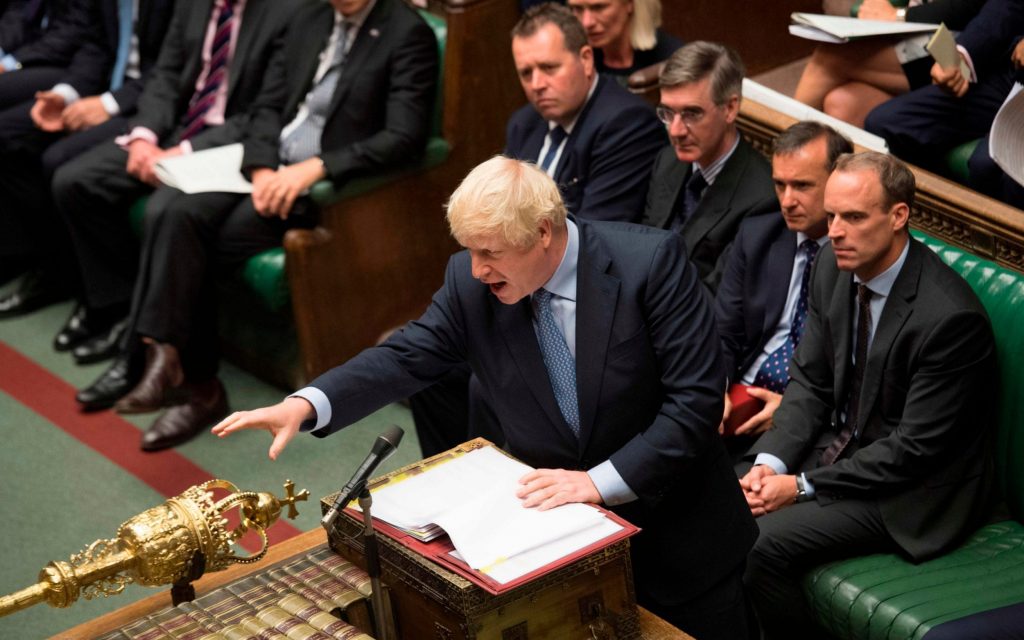
I asked my IPLE Bachelor’s students from the class in Comparative Political Systems to complete a short research project.
As I did already last year, I host here what I believe to be the class’s best paper.
Niccolò Maria Piccinali, Claudia Di Palma, Linda Coglitore, Luca Perego, and Quynh Nhu Nguyen chose to investigate “The impact of political orientation on the stringency of COVID-19 lockdown measures“.
Links: Paper; Cross-country dataset (csv); Panel dataset (csv)


